Benefits of Short Courses
Short courses have become increasingly popular in Australia, offering flexible and targeted learning opportunities for individuals seeking to enhance their skills or pivot their careers. Discover the benefits of short courses in Australia.
Learn how they can boost your career, enhance your skills, and provide flexible learning options for all ages. In this blog, we'll explore the advantages of short courses and why they might be the perfect choice for you.
What are Short Courses?
Short courses are educational programs designed to provide specific skills and knowledge over a shorter period compared to traditional degree programs. They can range from a few hours to several months, depending on the subject and depth of the course. These courses are often focused on practical skills and are offered by universities, vocational institutions, and online platforms.
Why Do You Need Short Courses?
Short courses are an excellent way to stay competitive in today’s fast-paced job market. They allow you to quickly gain new skills, update existing ones, and stay current with industry trends. Whether you're looking to enhance your career prospects, explore a new field, or simply learn something new, short courses offer a flexible and affordable way to achieve your goals.
How Long are Short Courses?
The duration of short courses varies widely. Some can be completed in a single day or weekend, while others may run for several weeks or months. The flexibility in length allows you to choose a course that fits your schedule and learning pace. For example, a weekend workshop might focus on a specific skill, while a three-month course could cover a broader topic in more detail.
11 Benefits of Doing Short Courses
Short courses offer numerous advantages that make them a valuable investment for individuals looking to enhance their skills, advance their careers, or explore new interests. Here are some of the key benefits of short courses:
1. Flexibility
Short courses are designed to be flexible, catering to various schedules and learning preferences. They are available in multiple formats, including online, part-time, and weekend classes, allowing you to balance your education with work and personal commitments. This flexibility makes it easier to fit learning into your busy lifestyle.
2. Cost-Effective
Compared to full-time degree programs, short courses are generally more affordable. They require a smaller financial commitment, making them accessible to a broader audience. Additionally, many short courses offer payment plans or financial aid options, further reducing the financial burden.
3. Time-Efficient
One of the primary benefits of short courses is their duration. These courses can range from a few hours to several months, allowing you to gain new skills or knowledge quickly. This efficiency is ideal for individuals looking to upskill or pivot their careers without spending years in a traditional education program.
4. Skill Development
Short courses focus on specific skills and practical knowledge that can be immediately applied in the workplace. Whether you want to learn new software, improve your leadership abilities, or develop technical skills, short courses provide targeted training that enhances your professional competencies.
5. Career Advancement
By completing a short course, you can boost your resume and increase your employability. Employers often value candidates who demonstrate a commitment to continuous learning and skill development. Short courses can help you stand out in a competitive job market and open up new career opportunities.
6. Networking Opportunities
Short courses often bring together individuals from various backgrounds and industries, providing valuable networking opportunities. Interacting with peers, instructors, and industry professionals can lead to new connections, collaborations, and potential job opportunities.
7. Personal Development
Beyond professional benefits, short courses can also contribute to personal growth. They allow you to explore new interests, hobbies, and passions, leading to a more fulfilling and well-rounded life. Engaging in lifelong learning can boost your confidence, creativity, and overall well-being.
8. Pathway to Further Education
Short courses can serve as a stepping stone to more advanced education. They provide a foundation of knowledge and skills that can prepare you for further study in a related field. For instance, a short course in business management might inspire you to pursue a full diploma or degree in business administration.
9. Industry-Relevant Training
Many short courses are designed in collaboration with industry experts and professionals, ensuring that the content is relevant and up-to-date. This industry alignment means that you are learning the skills and knowledge that are in demand, making you more attractive to employers.
10. Accessibility
Short courses are often more accessible than traditional education programs. They typically have fewer entry requirements, making them available to a wider range of learners, including those who may not have the qualifications for a full degree program. This inclusivity promotes lifelong learning for all.
11. Customized Learning
Short courses can be highly specialized, allowing you to focus on specific areas of interest or need. This customization ensures that you are learning exactly what you need to advance in your career or personal development.
Qualifications You Need to Do a Short Course
Generally, short courses do not require formal qualifications to enrol. However, some advanced or specialized courses may have prerequisites. It’s essential to check the entry requirements before enrolling. Most short courses are designed to be accessible, making them an excellent option for anyone looking to gain new skills quickly.
What 'Qualification' Does a Short Course Give Me?
Upon completion, short courses often provide a certificate of completion or a digital badge. While these may not be equivalent to a degree, they are valuable for demonstrating your skills and commitment to professional development. Many employers recognize these qualifications, especially when they are relevant to the job or industry.
Things to Consider When Choosing a Short Course
When selecting a short course, consider the following factors:
Relevance: Ensure the course content aligns with your career goals or interests.
Accreditation: Choose courses offered by reputable institutions.
Flexibility: Look for courses that fit your schedule and preferred learning style.
Cost: Compare the costs and see if there are any available funding options.
How Old Do You Have to Be to Study a Short Course?
Short courses are generally open to learners of all ages. Some providers may have age restrictions for specific courses, but many are designed to be inclusive and accessible to both young students and older adults looking to continue their education or change careers.
Types of Short Courses Available
There are numerous short courses available across various fields, including:
Business and Management: Enhance leadership and management skills.
Information Technology: Learn coding, cybersecurity, and other tech skills.
Health and Wellness: Gain knowledge in health care, fitness, and mental health.
Creative Arts: Explore courses in design, writing, and photography.
Vocational Training: Develop practical skills for specific trades and industries.
Short Courses You Should Do
Enhance your skills with professional short courses from Learning Options:
These courses are designed to provide practical, industry-relevant skills that can help you advance in your career or explore new opportunities.
Short courses offer a flexible, cost-effective way to gain new skills and enhance your career prospects. Whether you're looking to upskill, change careers, or simply learn something new, there are plenty of options available to suit your needs. By choosing the right short course, you can take a significant step towards achieving your professional and personal goals.
Level up Your Skills with Learning Options.
FAQ
When should I take the short course?
Answer: Short courses are offered at times and in formats that best accommodate students. Depending on the course and your requirements, they are available online, on weekends, nights, or during the week. They also start throughout the year, so check back with us for the most up-to-date information.
Is it beneficial to take a short course?
Answer: Short courses can last anything from an hour to six months and are an excellent way to improve your skills. They can serve as a fantastic beginning point for your academic journey and help you make informed decisions about where you want to pursue your professional career.
Is a short course a qualification?
Answer: Short courses can lead to official certification. However, unlike a degree or diploma, it does not constitute a comprehensive qualification in and of itself. Short courses can be a more flexible, stress-free, and realistic approach to learning new skills and concepts.
What are the primary course objectives?
Answer: Course objectives represent the precise information, skills, talents, or competencies that instructors anticipate students to learn within a given course. Course goals are frequently highly explicit and extensive statements about the subject or skills that will be taught in the classroom.
What are the downsides of taking short courses?
Answer: The benefits of short intensive training sessions include developing knowledge and confidence rapidly. Disadvantages may include a restricted depth of topics addressed owing to the compressed duration.
What's the difference between a course and a short course?
Answer: Long courses are full- or part-time diploma programs that can take up to three years to finish. These courses are primarily intended to assist working individuals choose academic alternatives after secondary education. Short courses, on the other hand, are mostly vocational and aid in upskilling for enrichment or the acquisition of new skill sets.





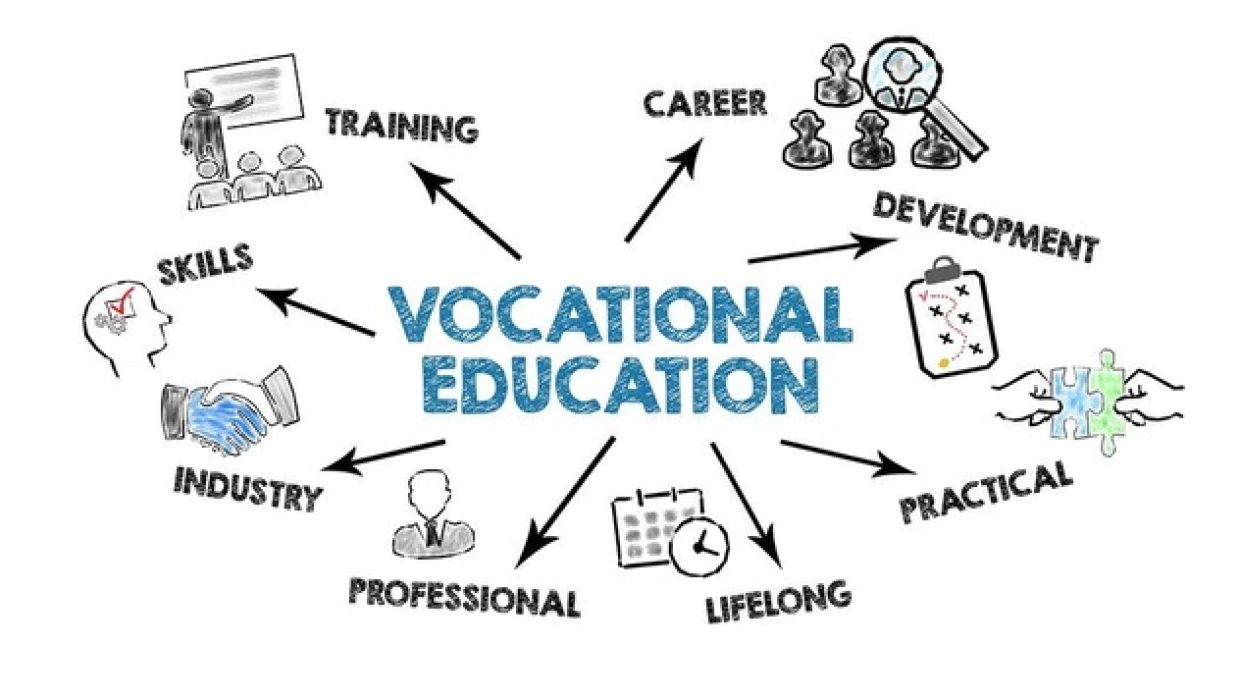




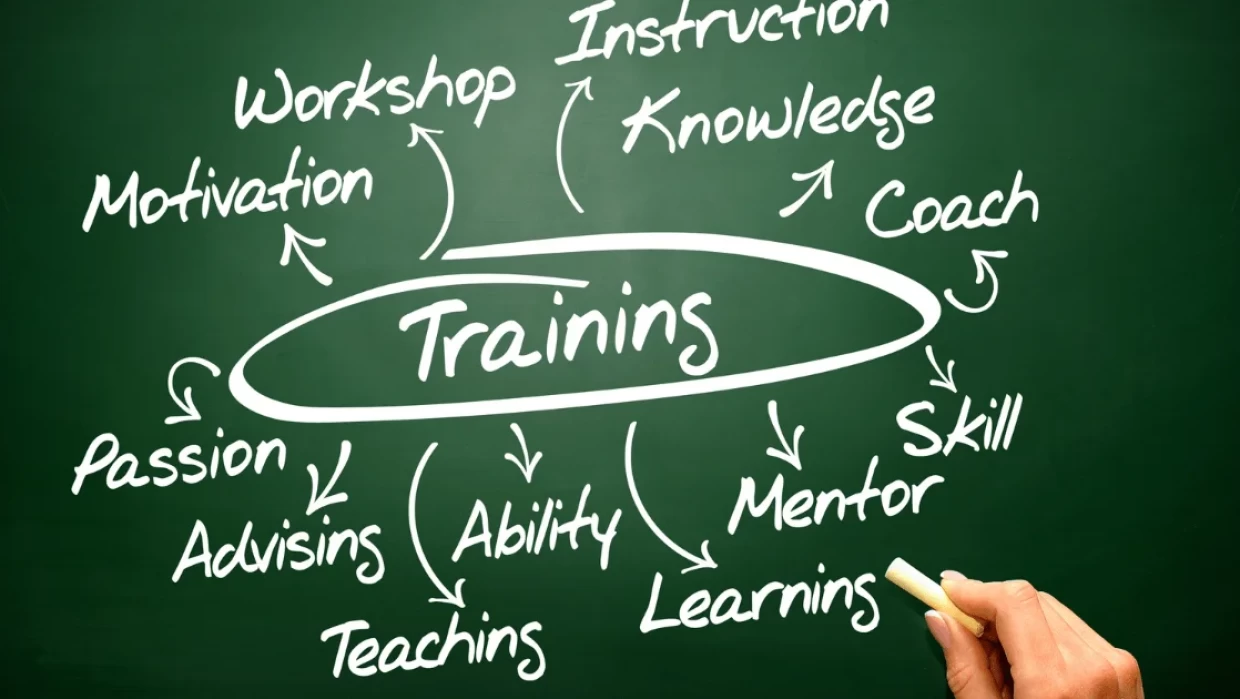


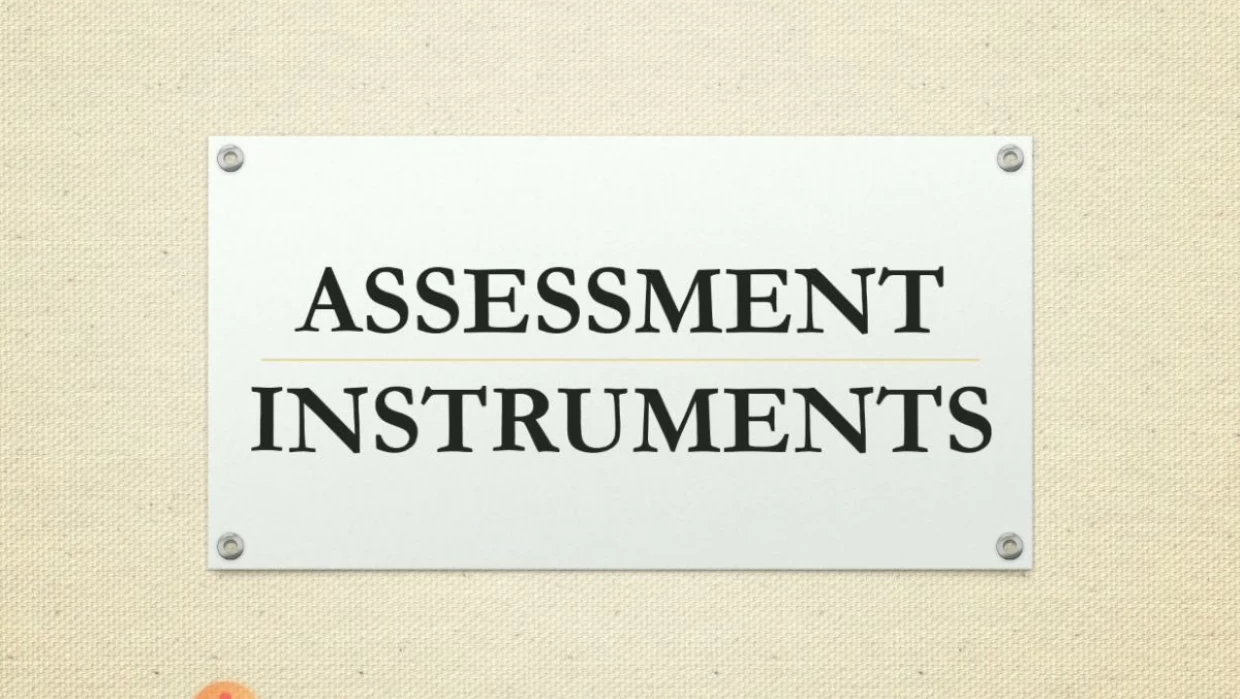





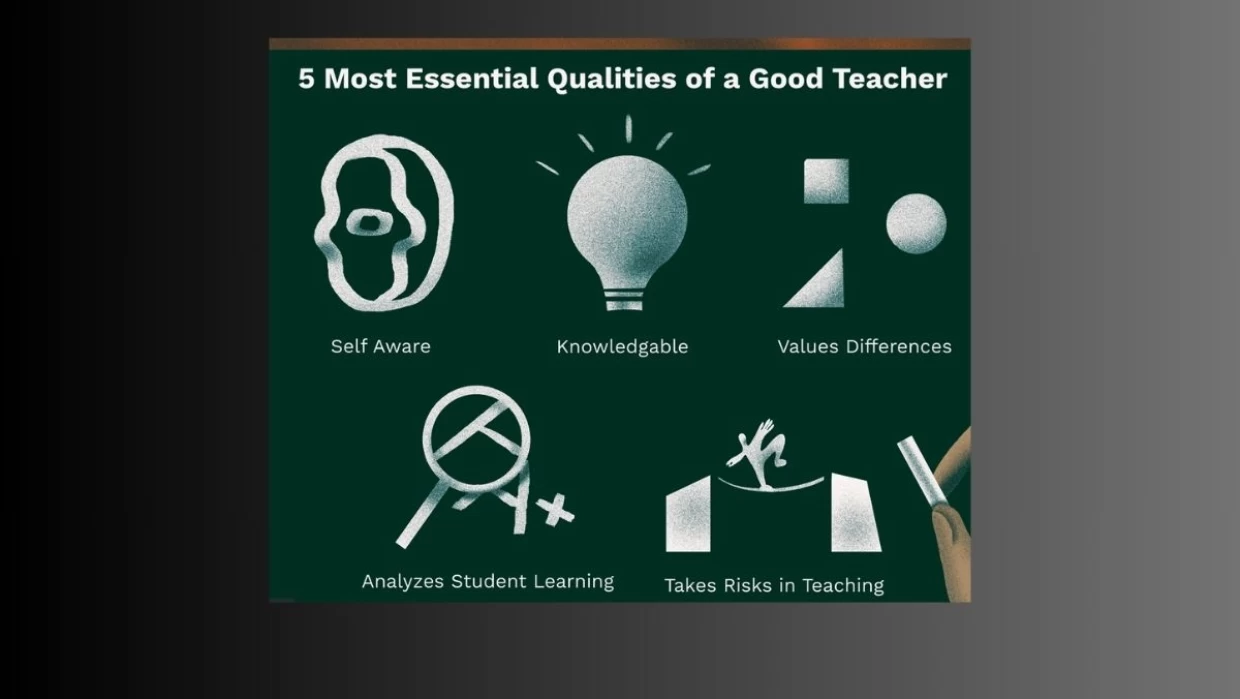
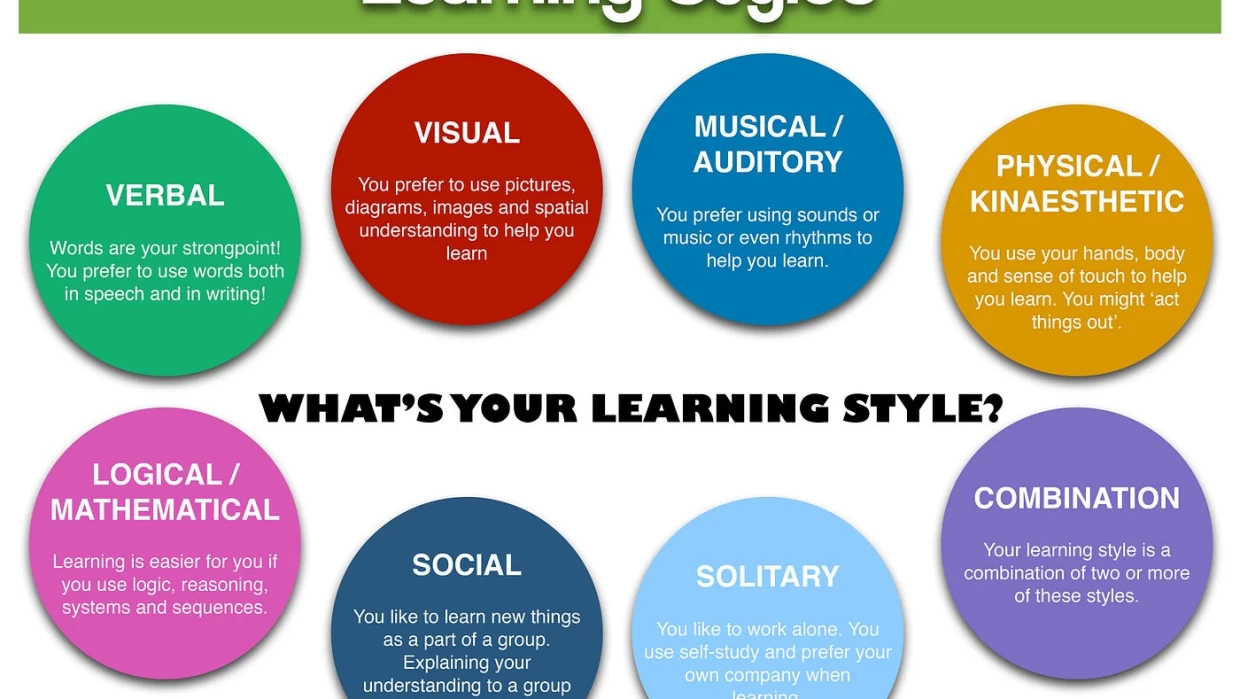
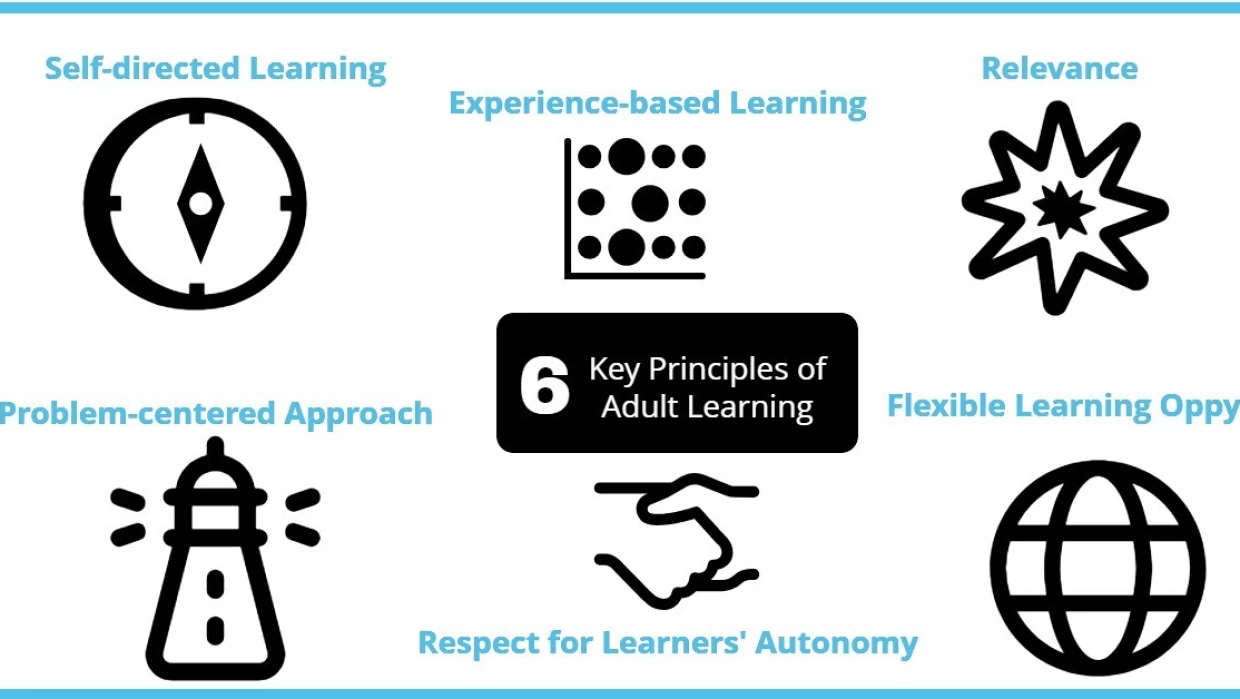














We would be delighted if you could get in touch with us.
Your email address will not be published. Required fields are marked